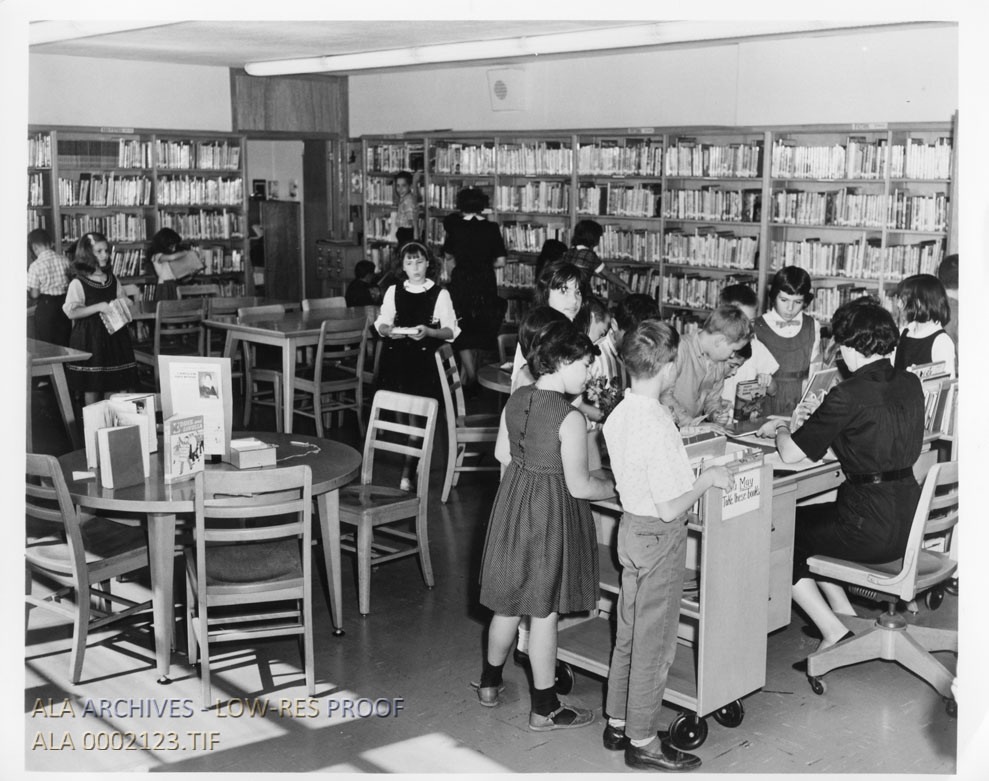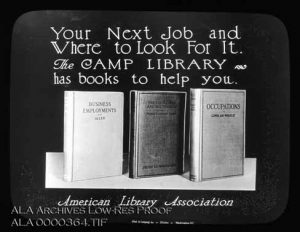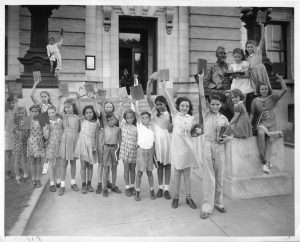In 1962, the Knapp Foundation, Inc., provided a $1,130,000 grant administered to the American Association of School Librarians (AASL), a division of ALA, to raise the standards of school libraries. At that time, school libraries in the United States were noted to be substandard. While federal funds helped to fund school libraries in 1958, the AASL realized that school libraries needed more than money to fix their problems. Improvements were needed in collection development, updates in technology, more staff, and renovations in facilities.

The five year Knapp School Libraries Project started in 1963. The project had four objectives: The first was to demonstrate the educational value of school libraries. The second was to promote improved understanding and use of library resources by teachers and administrators. The third objective was to guide other libraries to develop their own programs by having them observe the demonstration schools. And the last objective was to increase interest and support for school library development by producing and circulating information about the program and the demonstration schools.[1] Continue reading “Knapp School Libraries Project”




